Collections
-

& Sisters Period Products
&SISTERS is a leading British brand offering natural, organic and eco-friendly period...
& Sisters Period Products
&SISTERS is a leading British brand offering natural, organic and eco-friendly period...
-

100 Bon Natural Perfumes & Fragrances
100 Bon natural perfumes and fragrances are crafted for individuals seeking aromatic...
100 Bon Natural Perfumes & Fragrances
100 Bon natural perfumes and fragrances are crafted for individuals seeking aromatic...
-
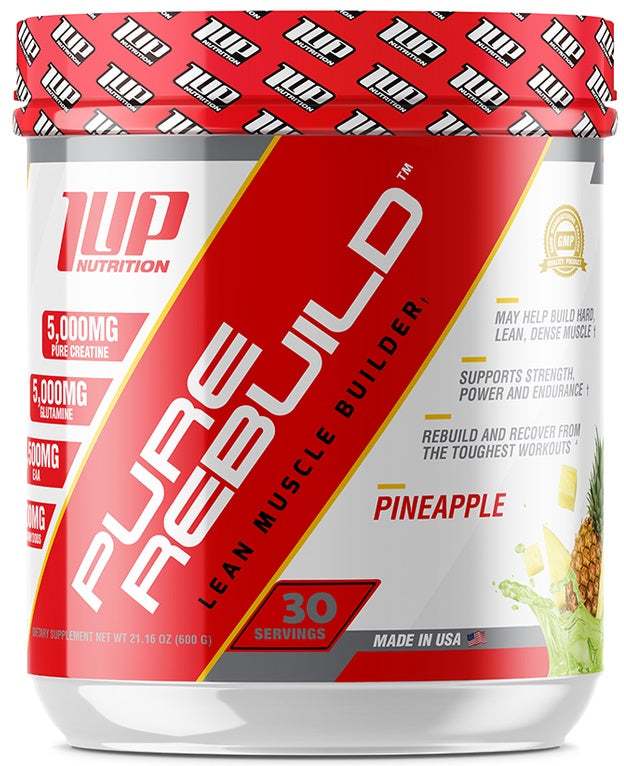
1Up Nutrition
1Up Nutrition is a performance-focused sports nutrition brand known for creating supplements...
1Up Nutrition
1Up Nutrition is a performance-focused sports nutrition brand known for creating supplements...
-

3lab Beauty Collections
3LAB Beauty Collections represent a premium, science-driven approach to skincare, combining advanced...
3lab Beauty Collections
3LAB Beauty Collections represent a premium, science-driven approach to skincare, combining advanced...
-

4711 Perfume & Fragrances
4711 perfume and fragrances represent a timeless legacy of classic European perfumery,...
4711 Perfume & Fragrances
4711 perfume and fragrances represent a timeless legacy of classic European perfumery,...
-
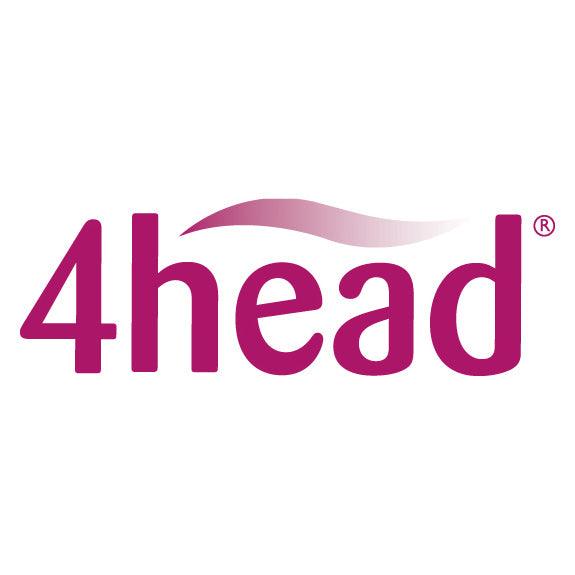
4head Headache Relief Products
4head headache relief products include quickstrips & cutaneous sticks. They must be...
4head Headache Relief Products
4head headache relief products include quickstrips & cutaneous sticks. They must be...
-
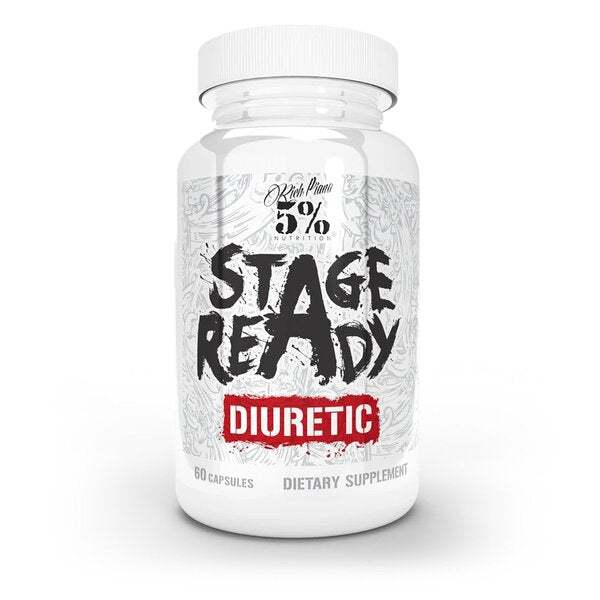
5% Nutrition
5% Nutrition is a high-performance supplement brand founded in 2014 by legendary...
5% Nutrition
5% Nutrition is a high-performance supplement brand founded in 2014 by legendary...
-
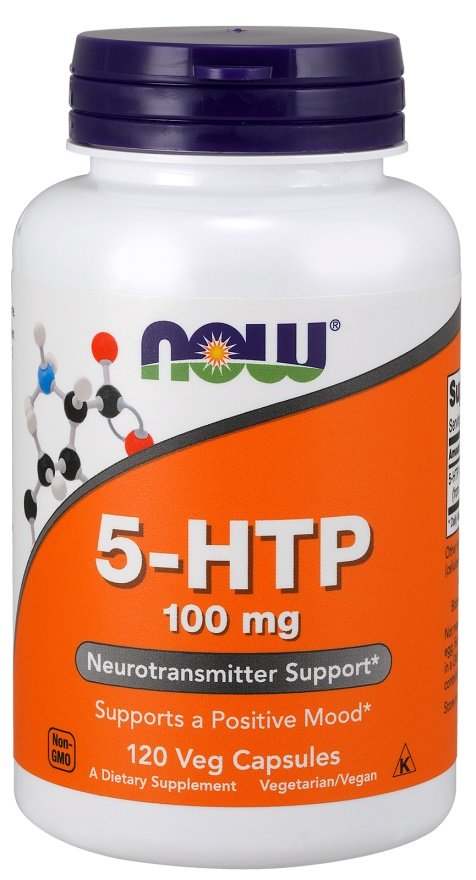
5-HTP Supplements, Tablets & Capsules
5-HTP, or 5-hydroxytryptophan, is a naturally occurring amino acid and chemical precursor...
5-HTP Supplements, Tablets & Capsules
5-HTP, or 5-hydroxytryptophan, is a naturally occurring amino acid and chemical precursor...
-
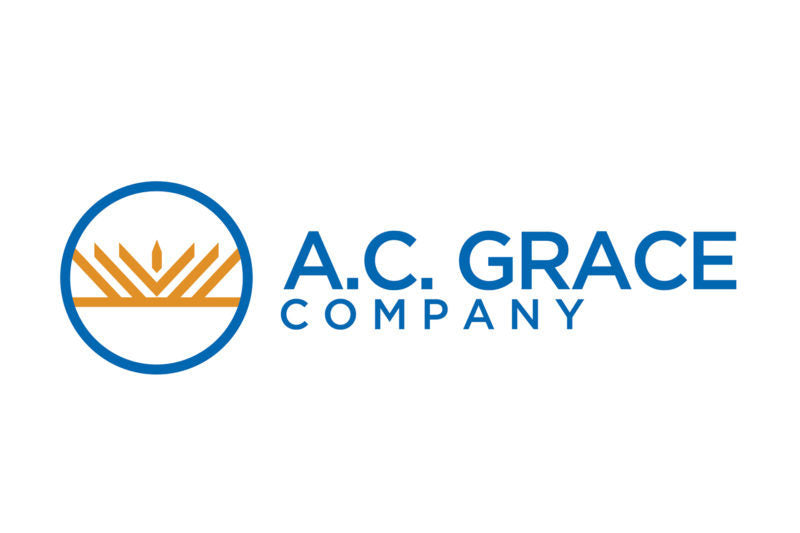
A.C. Grace Company
Founded in 1962, A.C. Grace Company is renowned for its commitment to...
A.C. Grace Company
Founded in 1962, A.C. Grace Company is renowned for its commitment to...
-
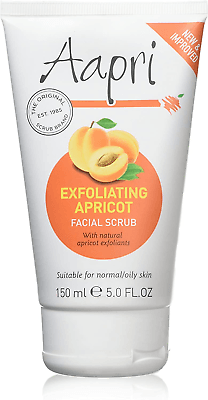
Aapri Skincare Products
Aapri is a classic skincare brand best known for its apricot-based facial...
Aapri Skincare Products
Aapri is a classic skincare brand best known for its apricot-based facial...
-

Abba Perfumes & Fragrance
Abba perfumes and fragrances are designed for customers who want easy-to-wear scents...
Abba Perfumes & Fragrance
Abba perfumes and fragrances are designed for customers who want easy-to-wear scents...
-

Abercrombie & Fitch Women's Perfumes
Abercrombie & Fitch women’s perfumes are designed to feel modern, effortless, and...
Abercrombie & Fitch Women's Perfumes
Abercrombie & Fitch women’s perfumes are designed to feel modern, effortless, and...
-

Absolute Aromas
Absolute Aromas is a company specializing in high-quality essential oils and aromatherapy...
Absolute Aromas
Absolute Aromas is a company specializing in high-quality essential oils and aromatherapy...
-

Absolute Nutrition Supplements
Absolute Nutrition is a modern sports nutrition brand offering accessible, results-focused supplements...
Absolute Nutrition Supplements
Absolute Nutrition is a modern sports nutrition brand offering accessible, results-focused supplements...
-
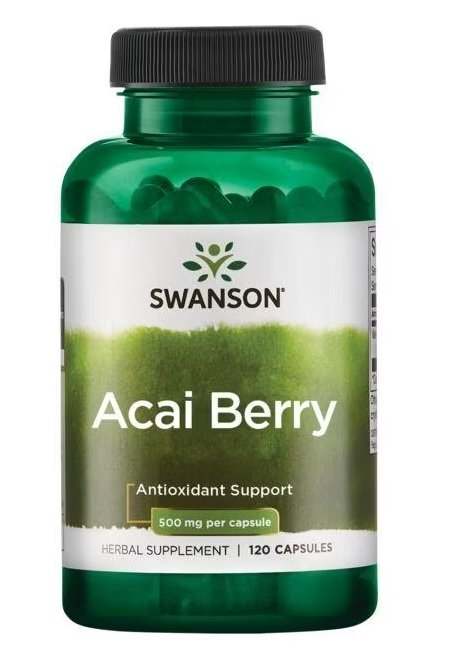
Acai Berry Supplements
Acai Berry, a renowned superfood, is celebrated for its rich nutrient profile...
Acai Berry Supplements
Acai Berry, a renowned superfood, is celebrated for its rich nutrient profile...
-

Acca Kappa Fragrance, Grooming & Care
Acca Kappa Perfumes & Fragrances is a distinguished scent collection celebrated for...
Acca Kappa Fragrance, Grooming & Care
Acca Kappa Perfumes & Fragrances is a distinguished scent collection celebrated for...
-
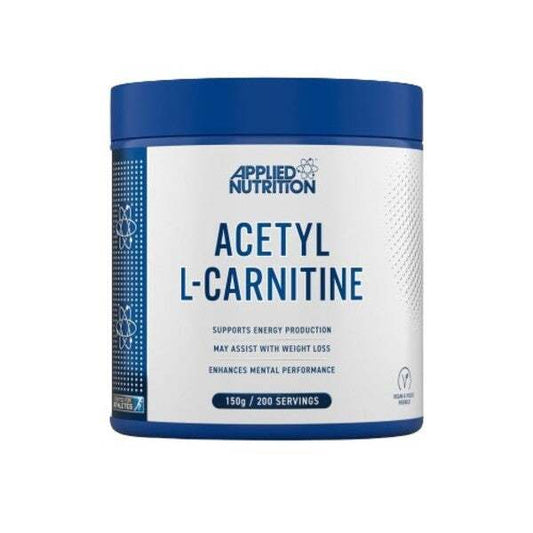
Acetyl-L-Carnitine Supplements
Acetyl-L-carnitine is a potent amino acid derivative that improves sports performance, fat metabolism...
Acetyl-L-Carnitine Supplements
Acetyl-L-carnitine is a potent amino acid derivative that improves sports performance, fat metabolism...
-
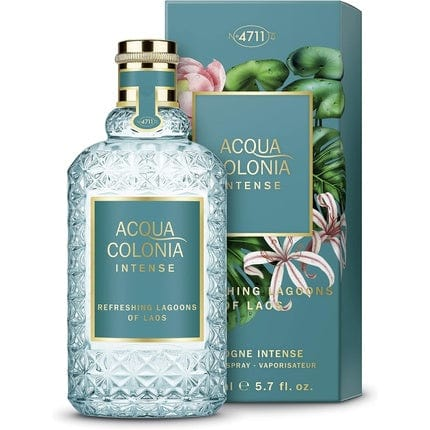
Acqua Colonia Perfumes & Fragrances
Acqua Colonia perfumes and fragrances are celebrated for their refreshing compositions, vibrant...
Acqua Colonia Perfumes & Fragrances
Acqua Colonia perfumes and fragrances are celebrated for their refreshing compositions, vibrant...
-

Acqua di Parma Perfumes & Fragrances
Acqua di Parma has a collection of Colognes, diffusers, candles, shower gels...
Acqua di Parma Perfumes & Fragrances
Acqua di Parma has a collection of Colognes, diffusers, candles, shower gels...
-
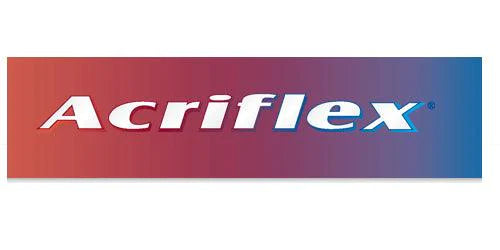
Acriflex Cooling Gel & Antiseptic Cream
The Acriflex range is designed to soothe, cool and protect damaged or...
Acriflex Cooling Gel & Antiseptic Cream
The Acriflex range is designed to soothe, cool and protect damaged or...
-
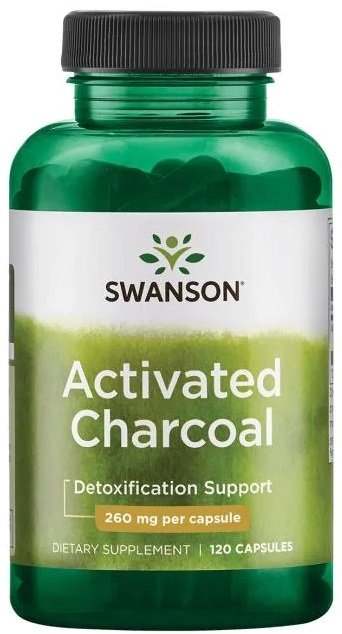
Activated Charcoal Supplements
Activated charcoal is a highly porous form of carbon that is processed...
Activated Charcoal Supplements
Activated charcoal is a highly porous form of carbon that is processed...
-

Activation Products
The Activation Products collection on Welzo brings together a curated range of...
Activation Products
The Activation Products collection on Welzo brings together a curated range of...















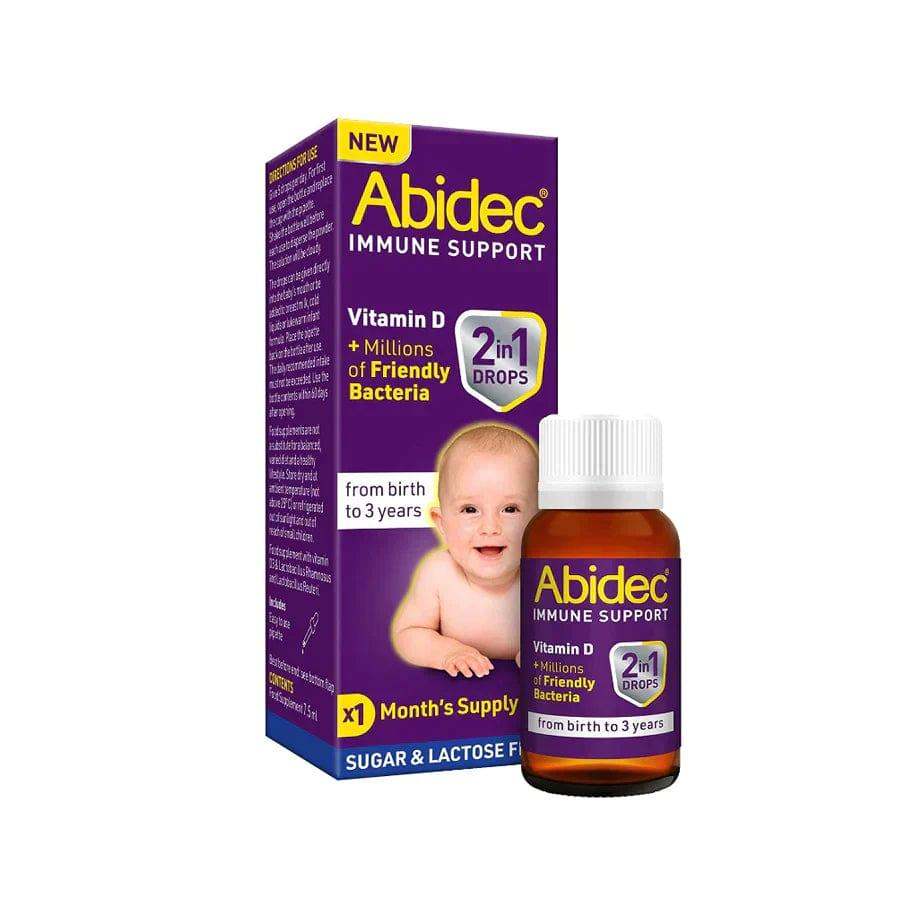











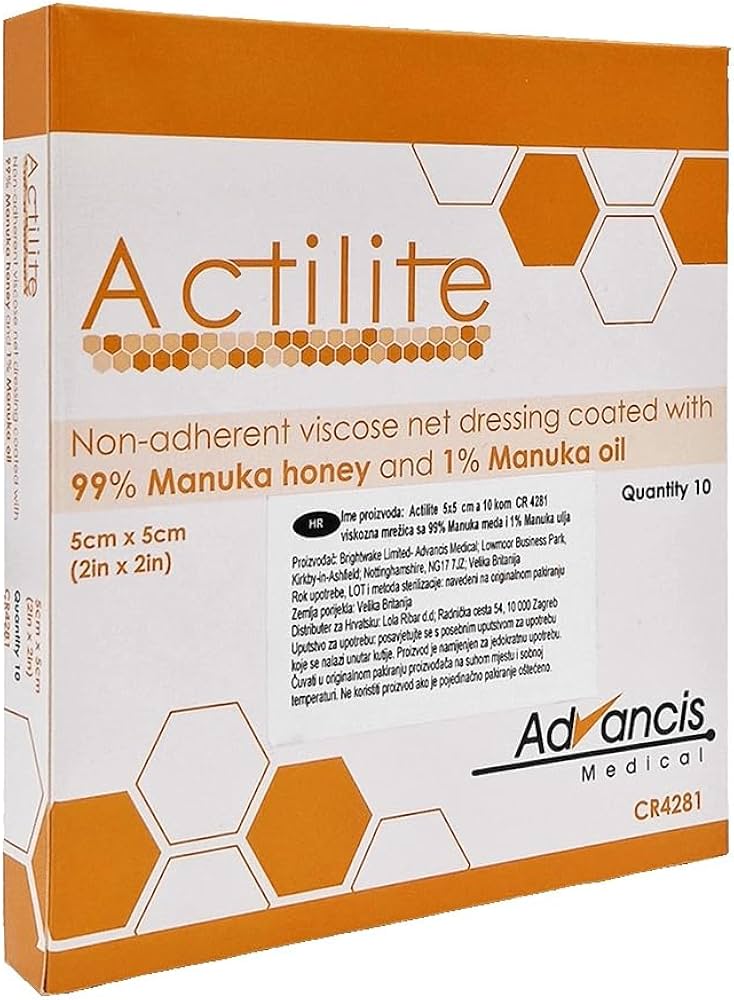
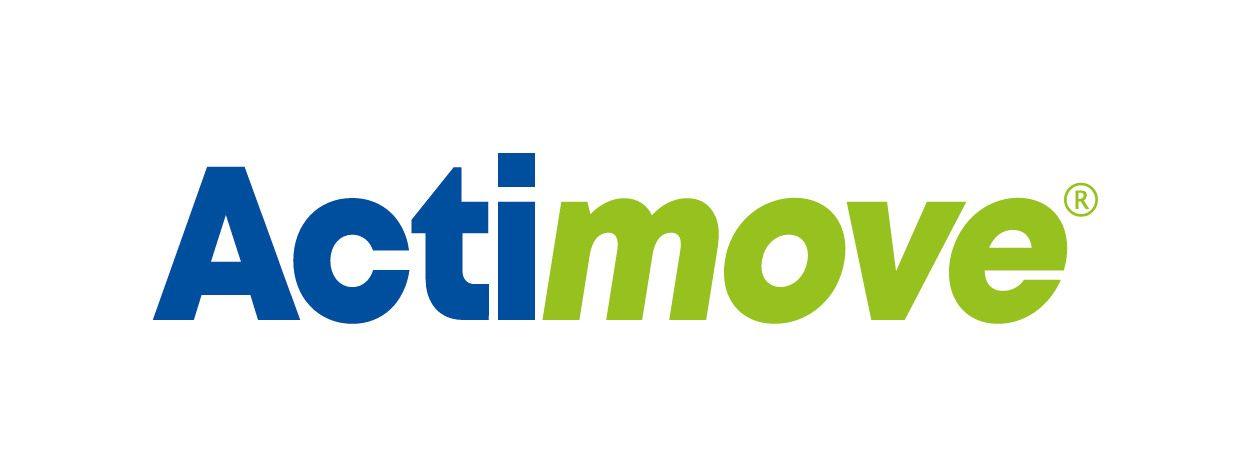


 Rated Excellent by 26,523+ Reviews
Rated Excellent by 26,523+ Reviews